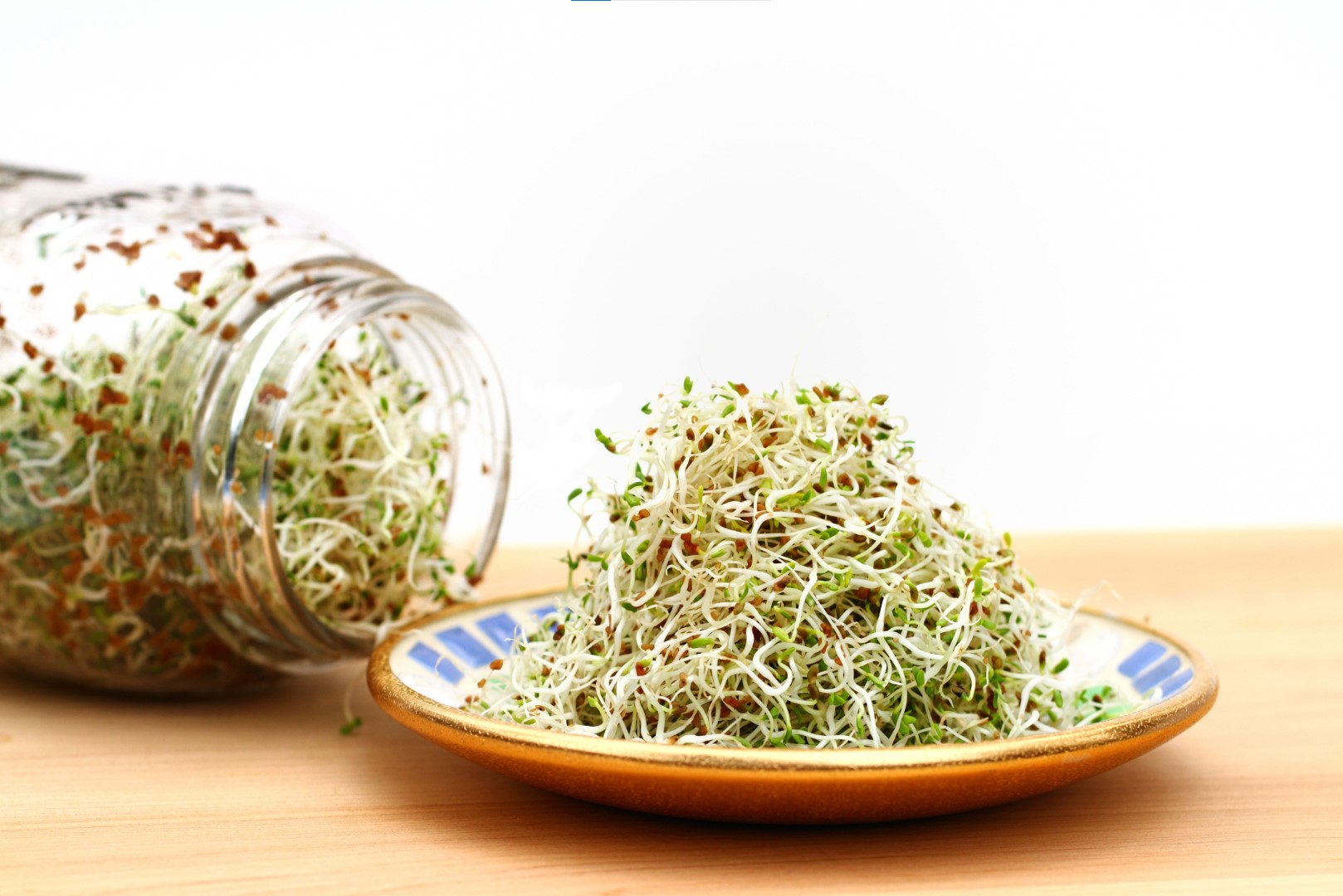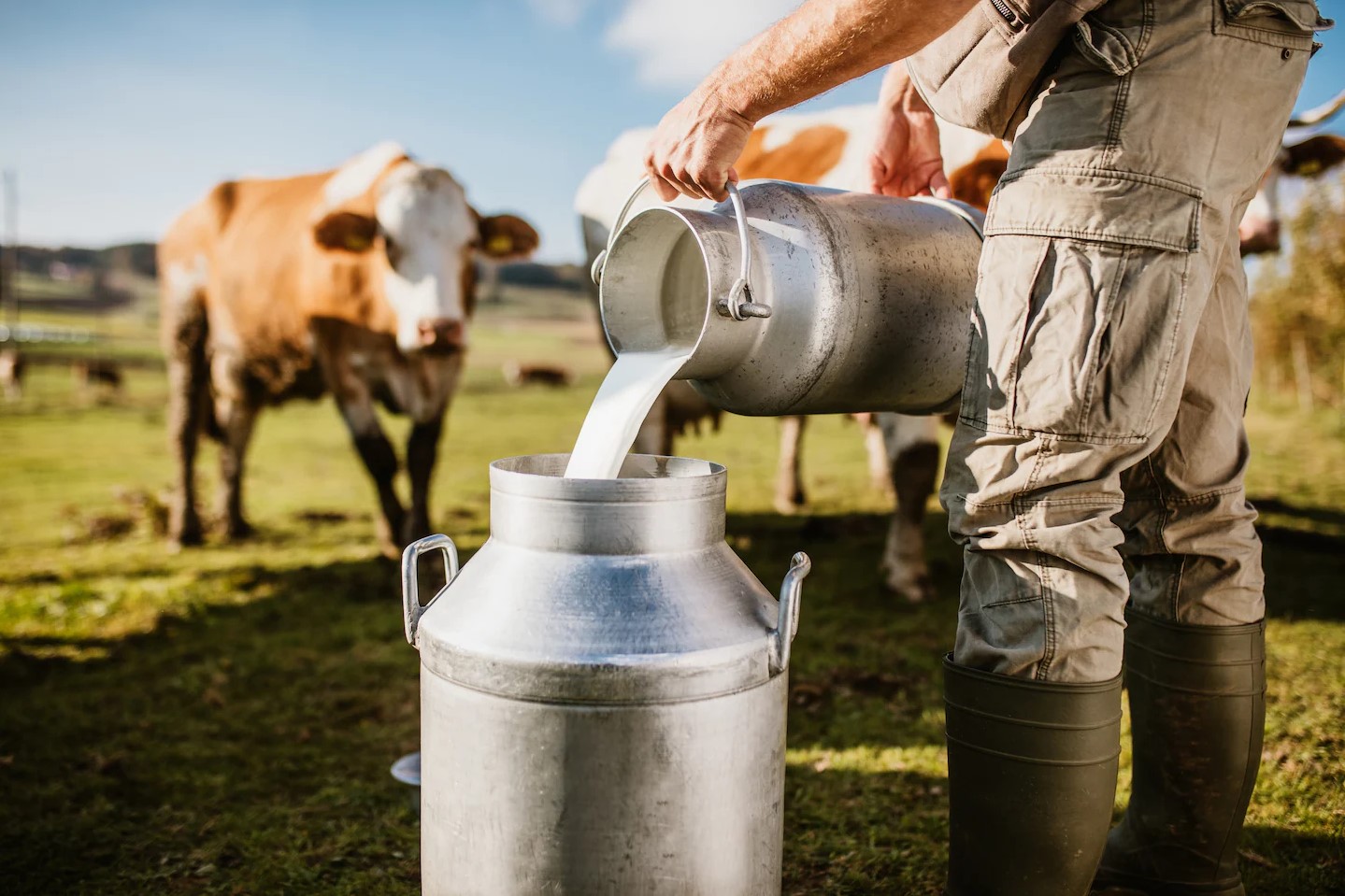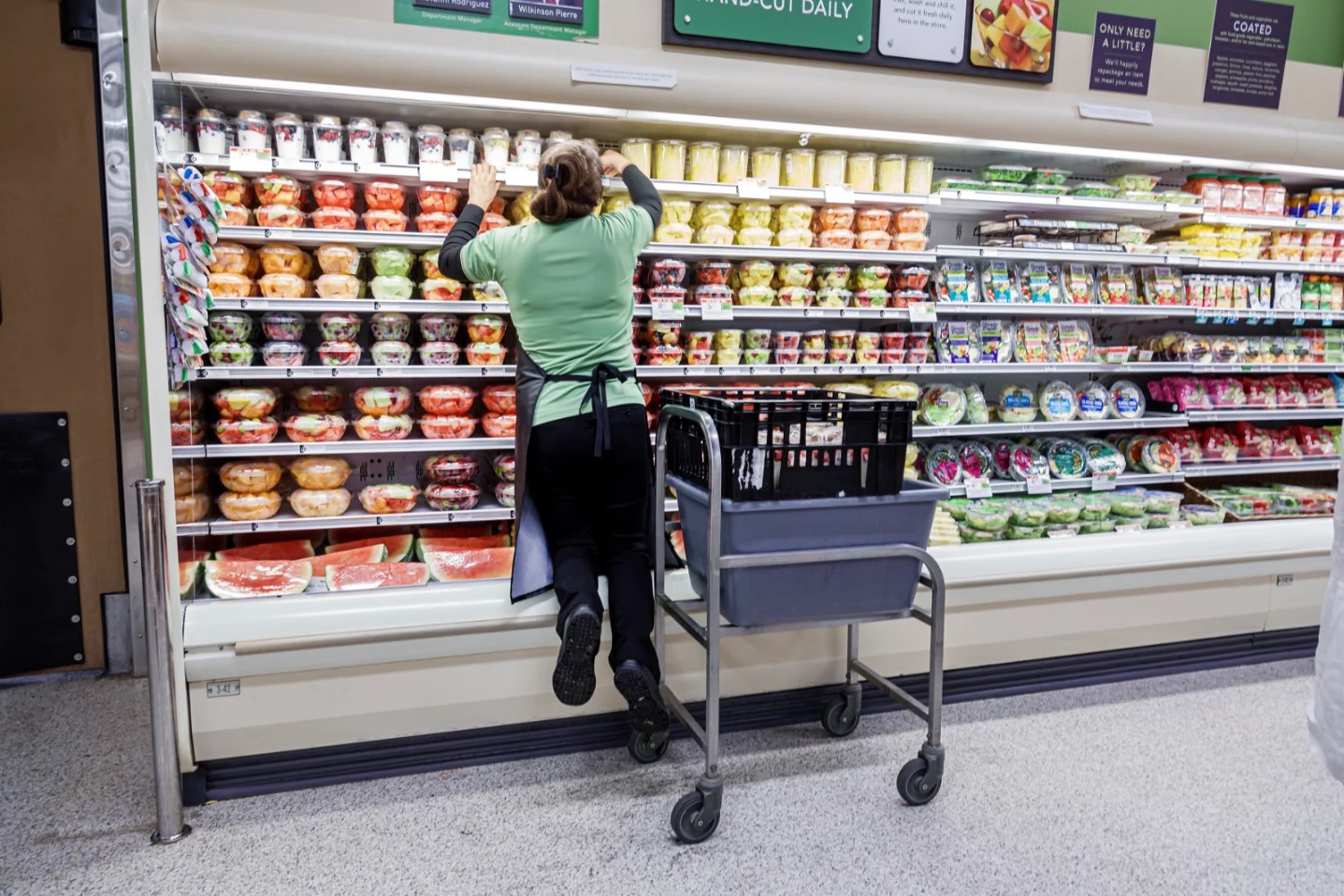Keep Yourself Healthy: Avoid These 4 Foods When Shopping for Groceries
When it comes to groceries, we all want to know that we’re bringing home safe and wholesome items. That is why it’s critical to be on the look out for accurate information and new findings from food studies.
Your safety is important, so here are some things food safety experts advise you to avoid when shopping. Let’s get started!
Raw Sprouts
Experts suggest caution when consuming sprouts such as radish, alfalfa, and clover. Complete avoidance is not required, but properly washing sprouts is recommended to limit the danger of hazardous pathogens like E. coli and salmonella.

Source: Getty Images
While some farmers emphasize cleanliness and sanitation, sprouts present a moderate risk of infection regardless. Some experts recommend avoiding them due to the increased risk of foodborne illness caused by the lack of chemical treatments in their production.
Hot Food Bars
When it comes to hot meal bars, the conditions and temperatures are important. To avoid bacterial growth, hot food should be kept at 135°F or higher, and chilled food below 41°F. If the heating system is suspect, avoid the hot food bar completely.

Source: iStock
Clean tongs and sneeze shields are essential, and careful handling by others is a positive indicator. Consider the turnover of food during off-peak hours, as items may have been sitting for a longer period of time.
Unpasteurized (Raw) Milk
Unpasteurized milk, commonly known as raw milk, is milk that has not been cooked to eliminate microorganisms. Some states prohibit the sale of raw milk, while others permit it. However, due to the possibility of infection, experts advise against ingesting raw milk.

Source: Getty Images
It’s difficult to know if raw milk is safe just based on its scent or appearance. According to experts, the possible health hazards outweigh any supposed benefits.
Pre-cut Products
There is a similar microbial risk when consuming pre-cut food items as with sprouts because of uncertainties in handling practices. Cut melons are especially prone to bacterial growth due to their contact with contaminated water and potential exposure to animal feces.

Source: Getty Images
To reduce risks, it is advised to thoroughly wash all produce, store it in the refrigerator, consume it within a few days, and consider cooking rather than eating raw.
